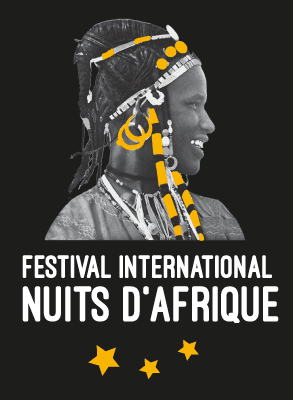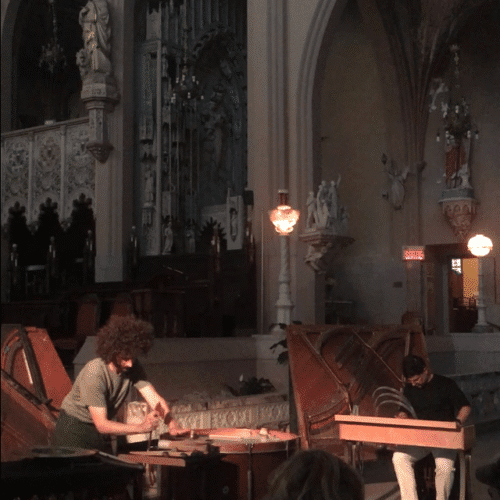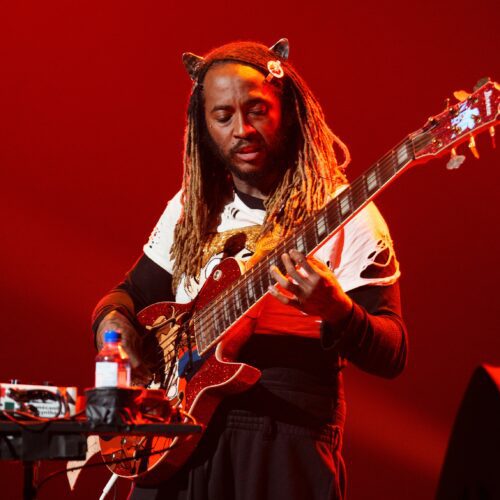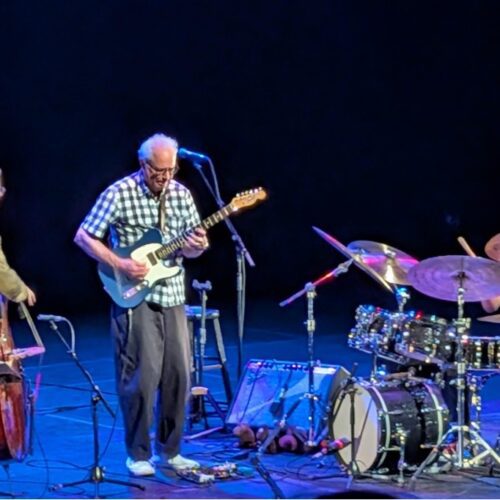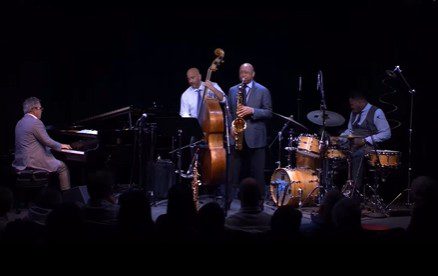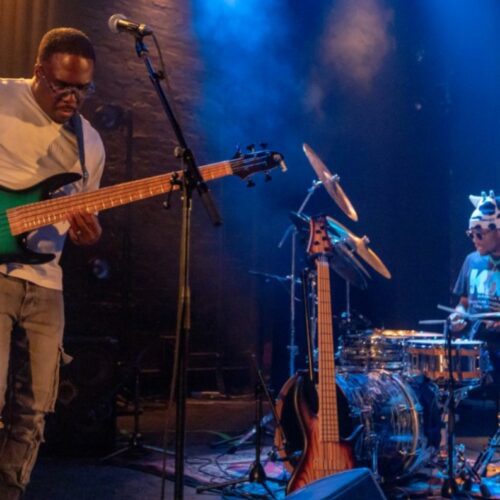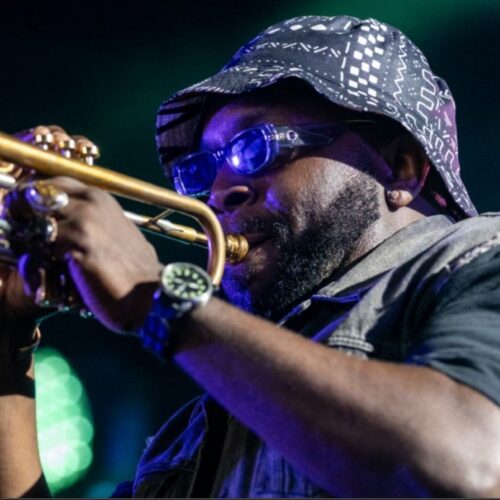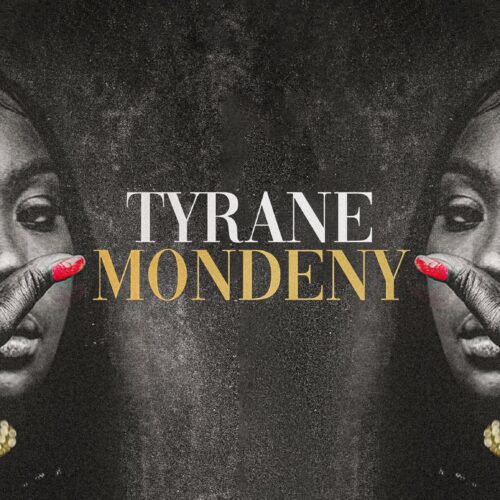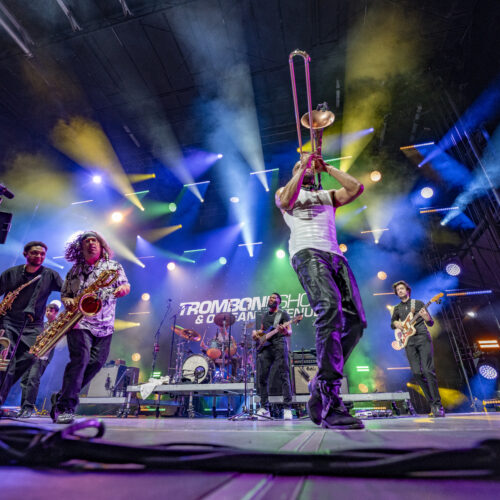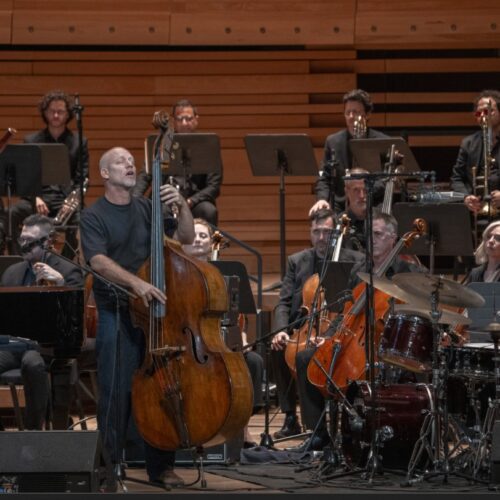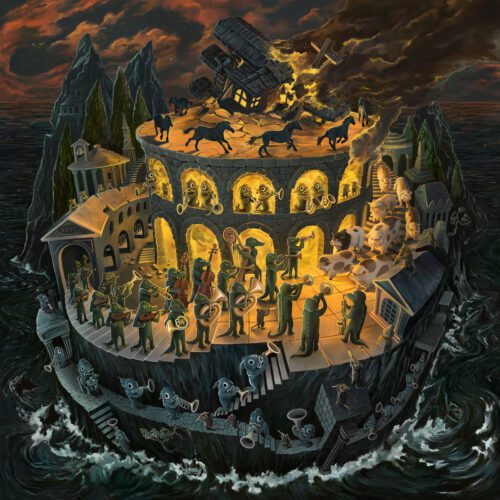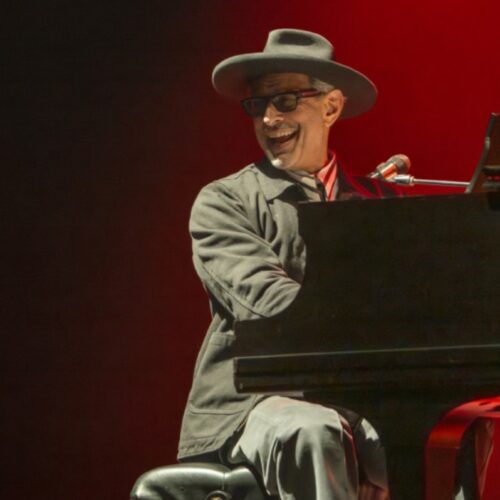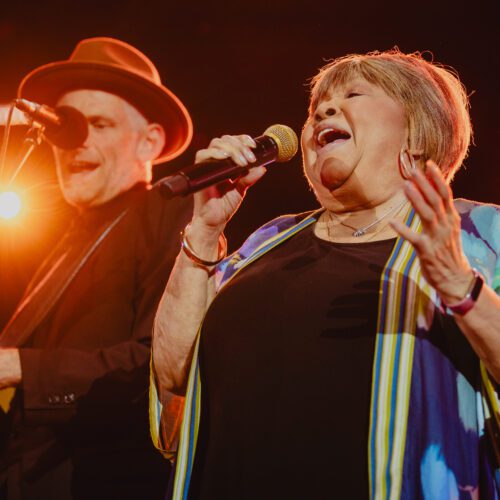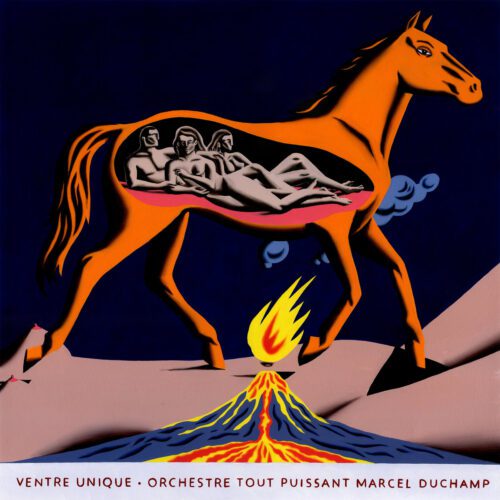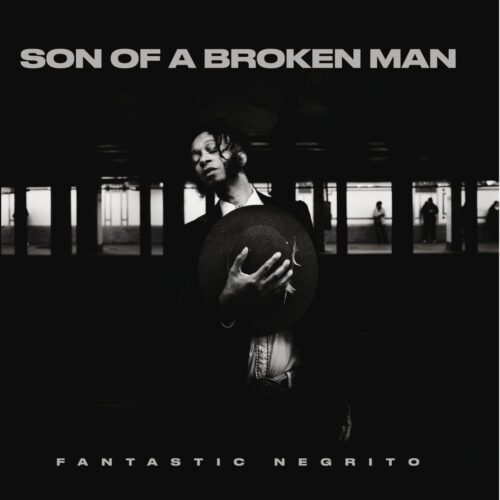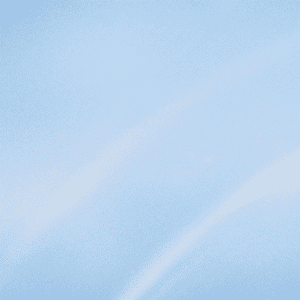Our ongoing dossier continues with the co-founder and general director of the Nuits d’Afrique festival, which has been presented in Montreal since the 1980s. Needless to say, Suzanne Rousseau was in shock over the Quebec government’s announcement on Monday of the suspension of live performances and concerts for a (minimum) 28-day period.
“It doesn’t seem very logical to me to have cancelled everything, but they’re the ones who know, right? I’m trying to be diplomatic, but… All this preparation, all the efforts made to hold safe public events in this context… I wonder to what extent government decision-makers are aware of this. We had already gone through this in March, everything came to an abrupt halt. Afterwards there was hope of reopening, and we couldn’t do so until mid-July.”
Last March, the programming of Nuits d’Afrique was just about complete, when…
“We hadn’t launched our advertising campaign – we had made all our agreements with the international artists, but we were careful not to announce anything. In April, we decided that we would present a different festival in the fall. We thought we were on the right track when we announced it in August, because the capacity had been increased to 250 spectators.
“In addition, in August we presented Les Visages de Nuits d’Afrique, an interactive multimedia work projected on the facades of the Quartier des spectacles, featuring artists Djely Tapa, Mateo, Naxx Bitota and the Benkadi troupe. The multimedia concept was imagined by the artist Jérôme Delapierre. In addition, photos and digital projections from Les Visages de Nuits d’Afrique are still being presented in October at Complexe Desjardins.”
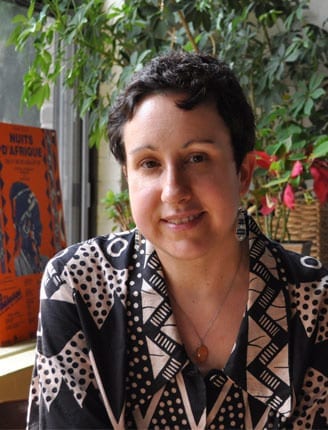
At the Nuits d’Afrique festival, they really wanted to present events in front of audiences, and deploy a digital strategy.
“We signed an agreement with Livetoune, a company that does quality recordings. We also invested in the club, Balattou, which is now transformed; we have a new lighting system, show curtains, new stage floor, the whole kit! This summer, we presented an acoustic cabaret, with two groups every night from Thursday to Sunday. Our audience followed the instructions very well, we were encouraged.”
Thus, 25 concerts were programmed, including several webcasts. Obviously, this is no longer the case: only Wesli and Mateo’s performances have been held in front of an audience, those not scheduled for webcasting have all been cancelled, the others will take place as planned but without an audience.
“We were very proud to showcase the scene here, but we still chose local artists of international calibre. Many of them are already touring, and many others have the potential to do so. Our media partners were ready to get on board, our advertising campaign was off to a good start and it all stopped suddenly. It’s very hard to live through,” Rousseau laments.
Like so many organizations dedicated to the performing arts, Nuits d’Afrique are seeing several initiatives shot down in the red zone.
“We wanted to show that it was possible to present a festival to the public in complete safety. When scheduling our indoor concerts, we took great care to keep people at a distance and within the prescribed rules. It was really well organised, it’s a pity that this was not taken into consideration. I don’t have the time to analyze what’s going on… in fact, I don’t want to. I have to stop thinking about it… it’s too much emotion! Instead, I try to focus on our webcasts, making sure they are well edited and widely seen. So I’m saving my energy for those who can play and be seen, and to make sure it goes well. Afterwards, when it’s over, I’ll be able to analyze it, but for now…”
Fortunately, the management of Nuits d’Afrique had foreseen the financial viability of the event without an audience. “Our set-up involved a very low gauge on the ticketing side, so we did not expect significant autonomous revenue. This is why we are going to maintain all the performances in the theatres planned for audiovisual recordings. We’re confident of achieving real success with the webcasts. What worries me is what comes next.”
